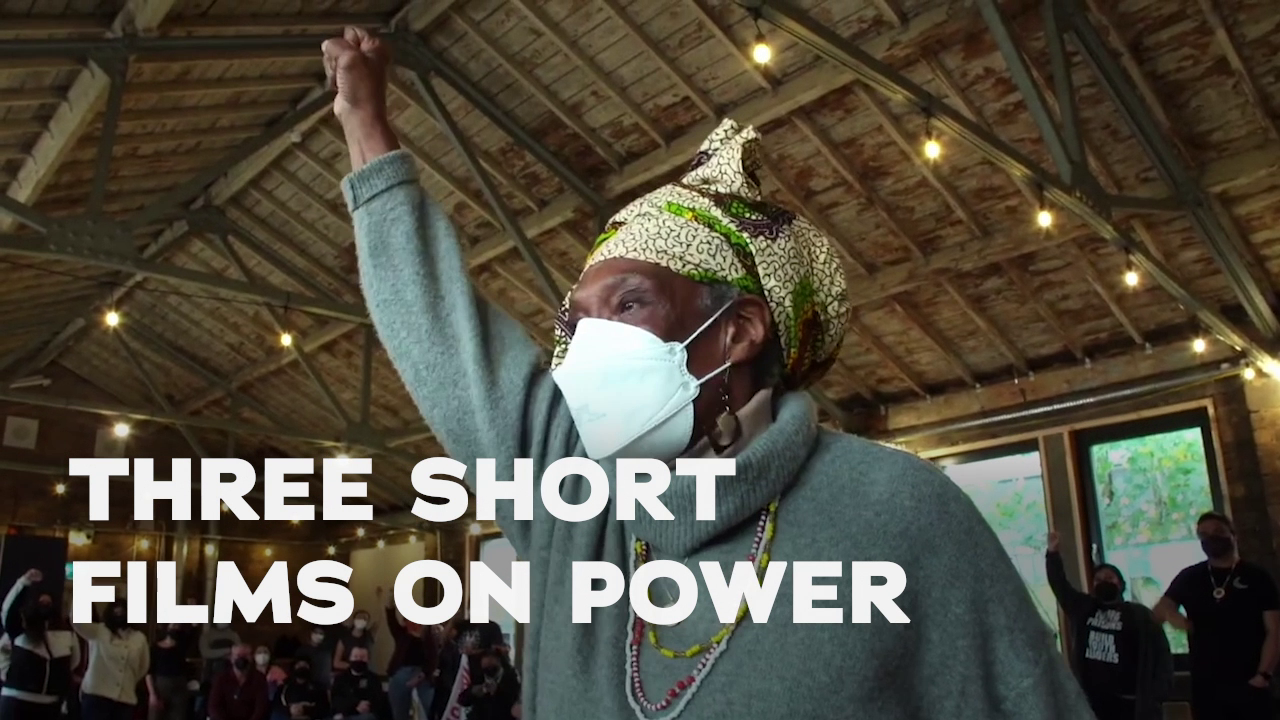
Over the last three years, the CLIMA Fund has hosted four online dialogue series hearing from funders and grassroots leaders about the what, why, and how of supporting grassroots climate action globally. We created a space for transparent and deep discussions among funders and grassroots actors about the philanthropic narratives that drive funding decisions, the interrelationship between the COVID and climate crises, and how to fund grassroots internationalisms. We synthesized some of the lessons from these dialogue series into three short videos.
Watch now:
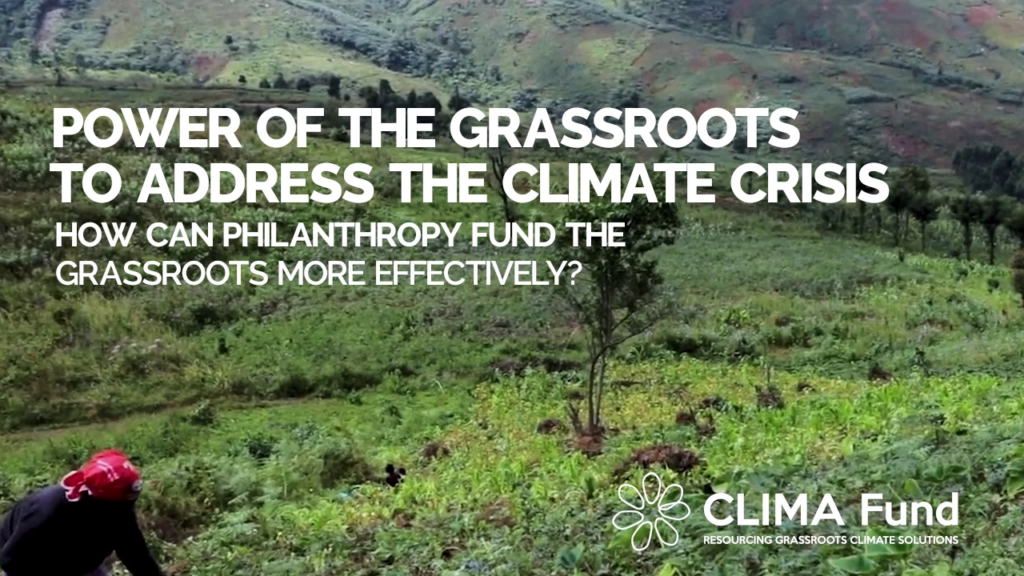
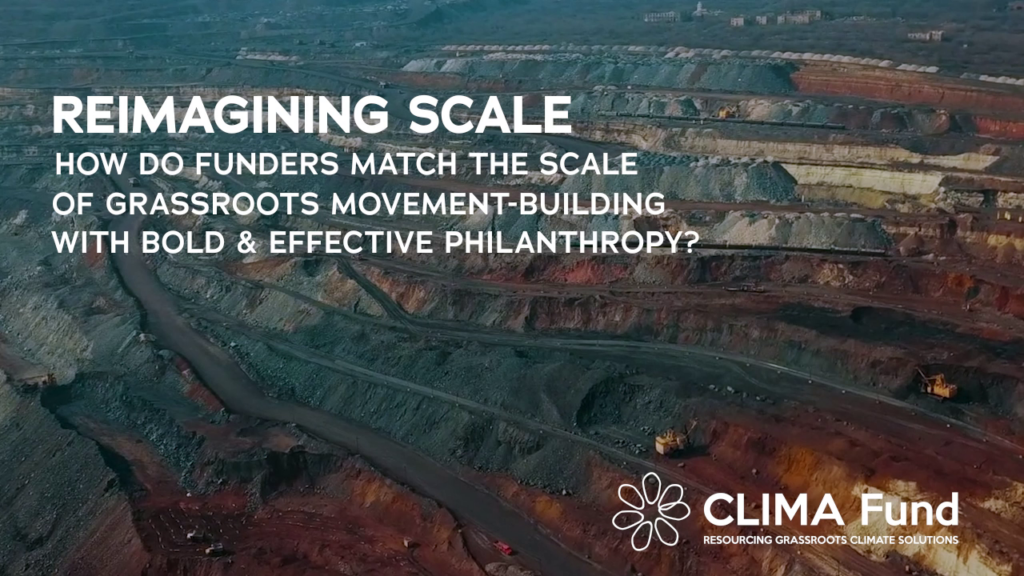
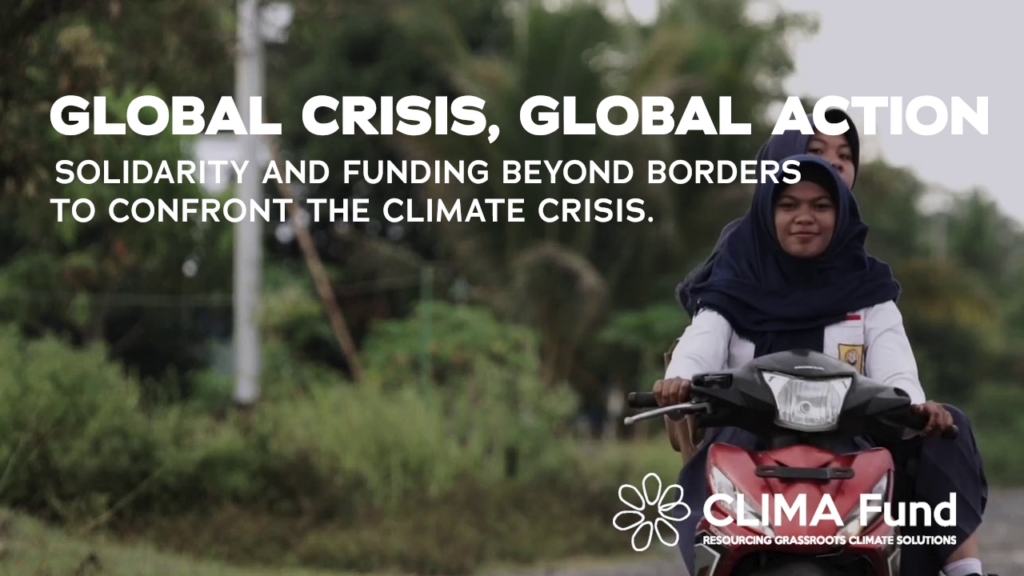
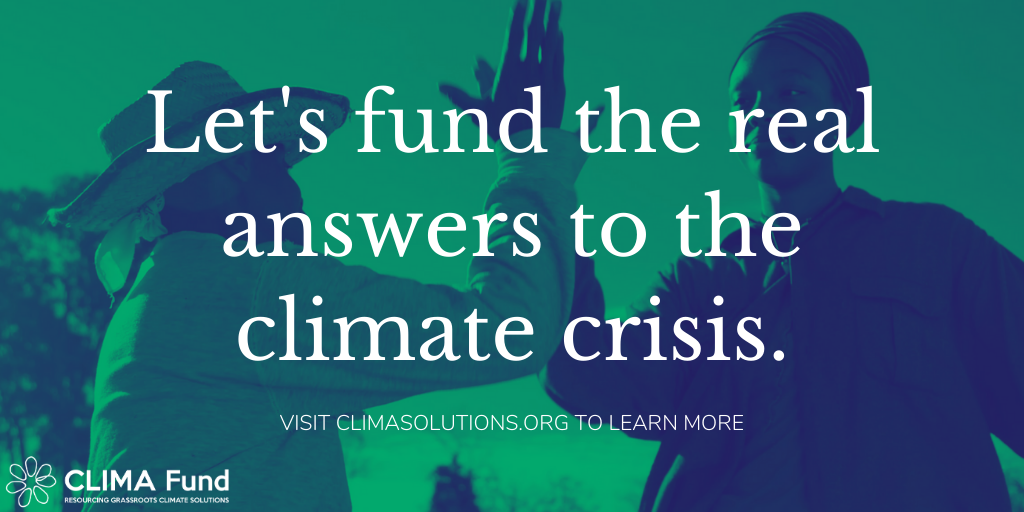
For over 20 years we’ve been hearing the same drumbeat: that ‘climate change can only be addressed with top-down, market-driven strategies.’ Yet, catastrophic climate change continues unabated. Meanwhile, those who have contributed the least to the climate crisis – women, Indigenous Peoples, youth, and small-scale farmers – are advancing interconnected, ingenious solutions, that are dramatically under-resourced. As the connections between racism, pandemics, and climate change are catapulted into the public eye, the CLIMA Fund released A New Beat to bring attention to grassroots climate solutions building resilience and dramatically cutting carbon emissions.
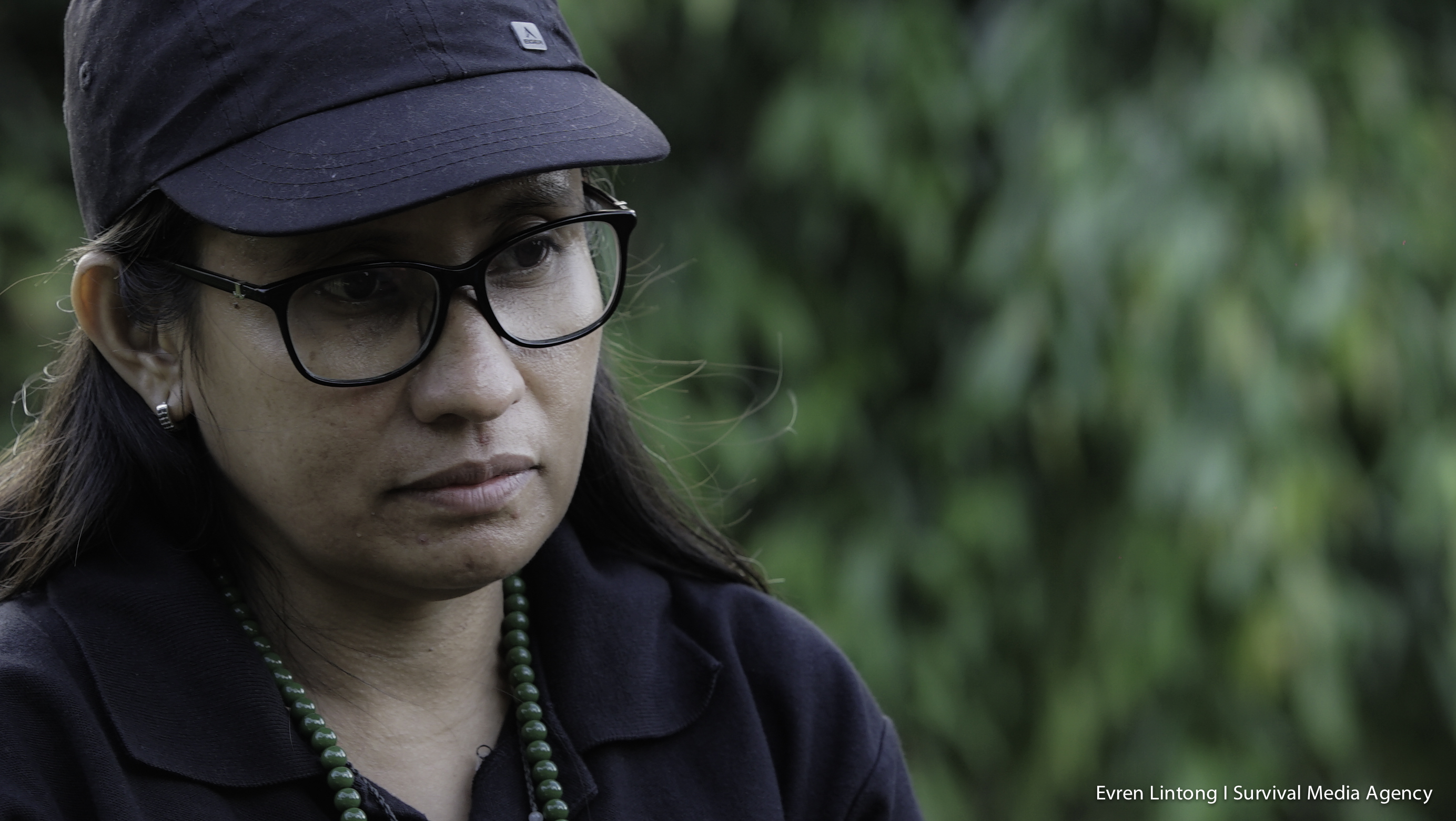
Reclaiming Land, Securing the Future shares the story of how community members in Central Sulawesi, Indonesia creatively resisted industrial palm oil development that was destroying their lands, livelihood, and the exacerbating climate change related issues. This film highlights how supporting community-based solutions are essential to achieving a low-carbon, equitable world.
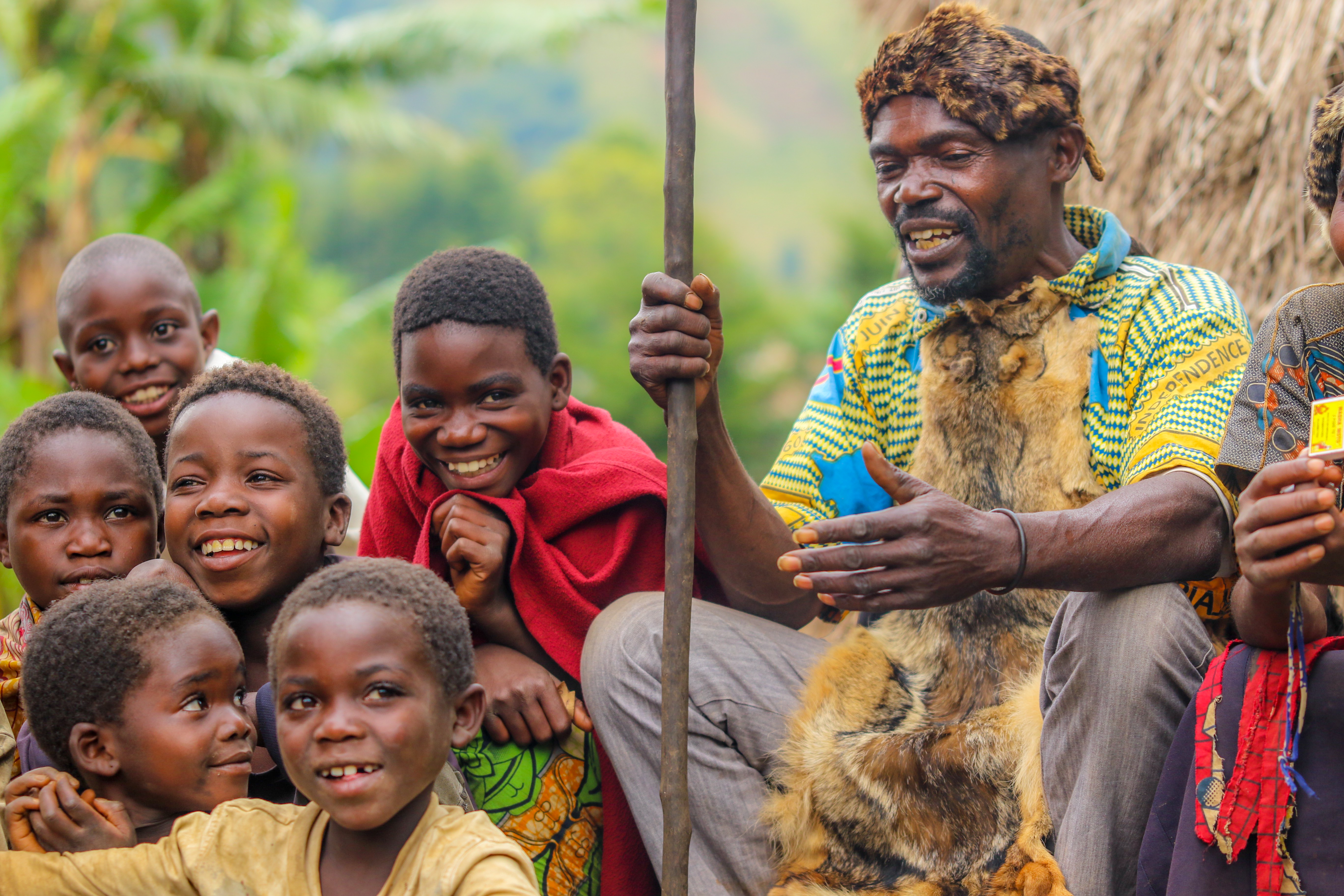
Saving Ourselves: A story from the Bambuti People shares how the Bambuti people from Eastern Congo organized themselves and other Indigenous communities in the region to fight for their rights following their forceful eviction from their native forest, the Kahuzi Biega Forest, in the 1980s by their government and funded by environmental conservation organizations. Protecting Indigenous land rights is one of the most important actions for mitigating climate change and building local resilience to its impacts globally.